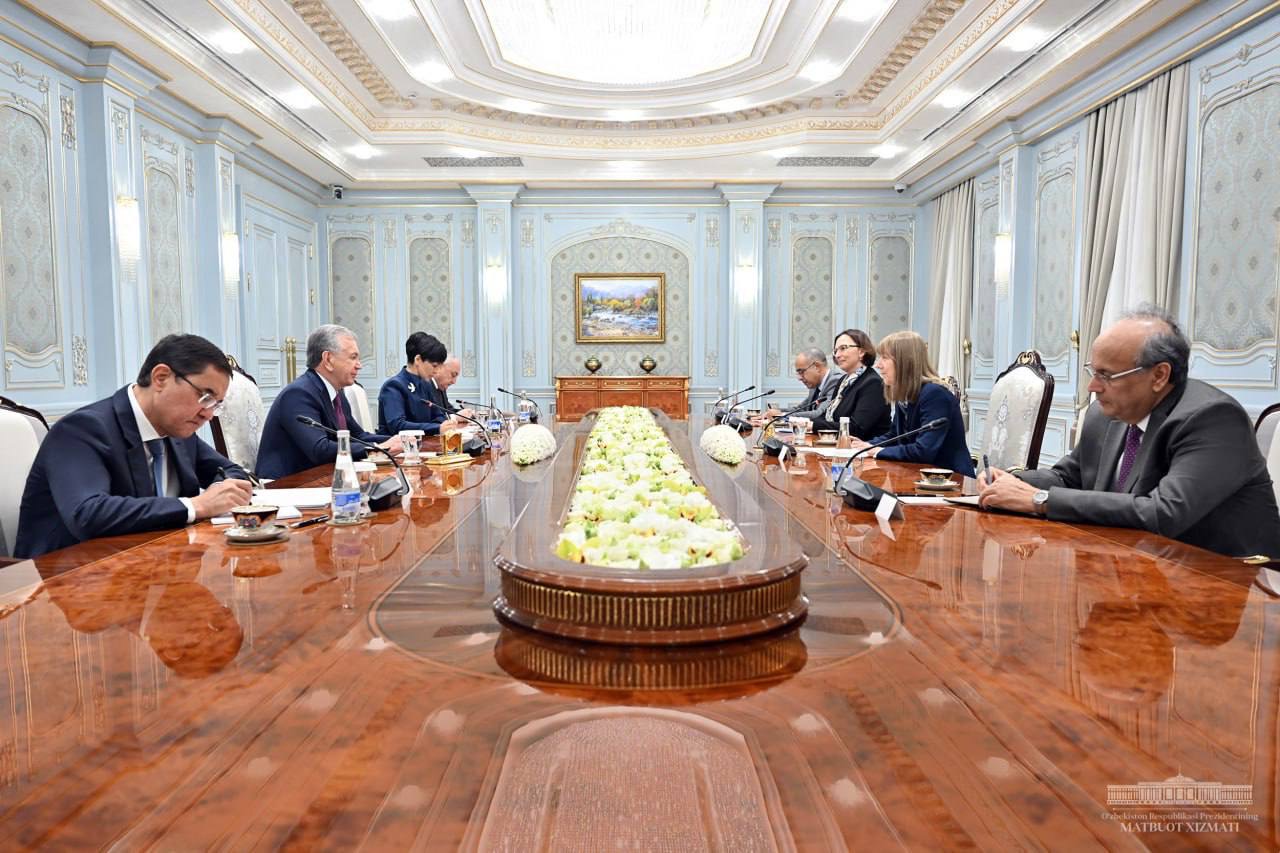Uzbekistan has become one of the largest partners of the World Bank, with a project portfolio that has surged to over $12bn, presidential press service reported.
President Shavkat Mirziyoyev met with Antonella Bassani, the Vice President of the World Bank for Europe and Central Asia, to discuss the expansion of strategic cooperation between Uzbekistan and the World Bank. The meeting stressed the importance of the World Bank's support for the reform program underway in New Uzbekistan.

Vice President Bassani extended warm greetings from World Bank President Ajay Banga, highlighting the strong relationship between the two entities. Both leaders expressed satisfaction with the current level of bilateral cooperation, noting significant progress in recent years.
The World Bank's involvement is crucial for implementing key reforms that enhance the stability of Uzbekistan's economic sectors and social services. A significant development in this partnership is the establishment of the World Bank's regional representative office in Tashkent, which began operations in July.
During the discussions, several priority areas for future collaboration were identified, including combating poverty, transforming state enterprises and banks, promoting decarbonization initiatives, and supporting Uzbekistan's membership in the World Trade Organization (WTO).
The conversation also emphasized the need for complex development programs focused on urbanization, modernization of energy and irrigation infrastructure, and fostering the growth of the private sector. Furthermore, both parties exchanged ideas on promoting regional projects, indicating a commitment to broader cooperation that benefits the Central Asian region.
Earlier, to promote Uzbekistan's green transition, the World Bank has introduced an initiative that utilizes carbon markets to support energy policy reform. The Innovative Carbon Resource Application for Energy Transition Project (iCRAFT) marks the World Bank's inaugural global attempt to incentivize policy changes through payments for emission reductions, a method referred to as policy crediting. If successful, iCRAFT has the potential to be expanded and replicated in other countries striving to achieve their emission reduction targets.
In June, Uzbekistan received its initial payment of $7.5mn in carbon credits from iCRAFT for cutting down half a million tons of carbon emissions. This payment was made possible by the Transformative Carbon Asset Facility (TCAF), a World Bank trust fund that integrates capacity building, results-based climate finance, and carbon market funding.
Follow Daryo's official Instagram and Twitter pages to keep current on world news.
Comments (0)